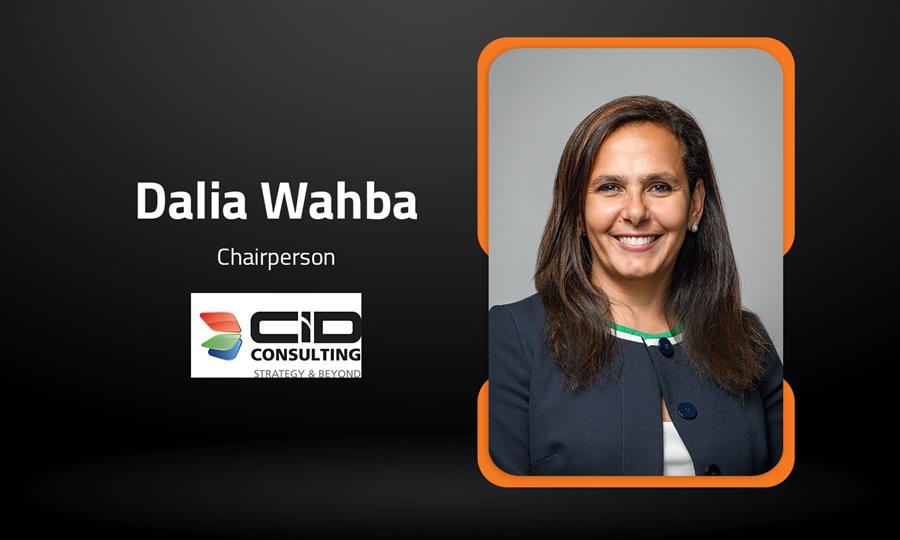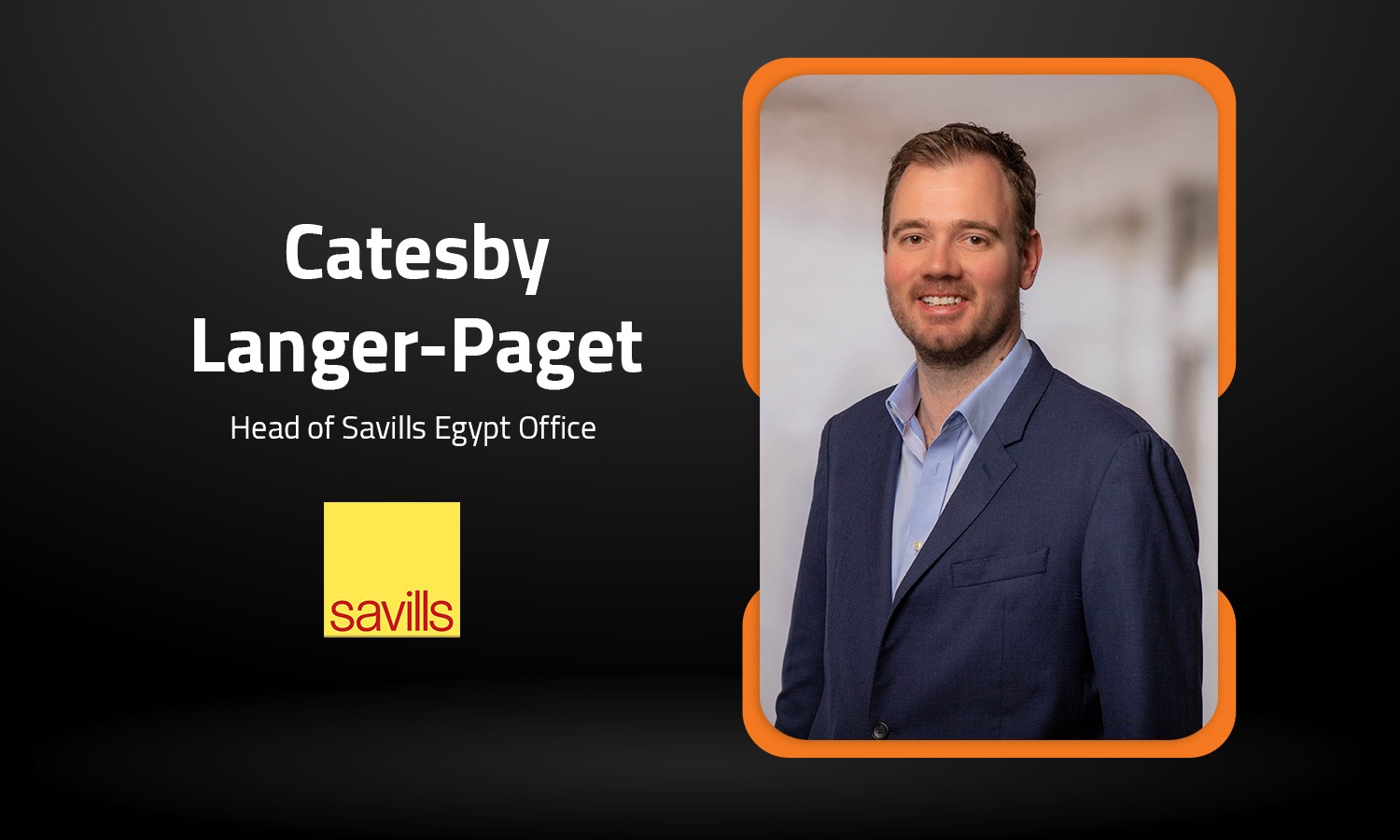Egyptian Real Estate: Between Taxation Challenges and Hedging Benefits
Updated 2/13/2024 8:00:00 AM
The real estate sector plays a significant role in the Egyptian economy, contributing 10% to the country’s gross domestic product (GDP) during the previous fiscal year (FY) 2022/2023.
This sector presents both challenges and opportunities within the economic landscape.
Additionally, Egypt’s population of over 106 million people, coupled with the concept of real estate as a secure investment, has made buying properties a prevalent activity in the country.
Accordingly, the property tax in Egypt is a substantial aspect of the national tax system, contributing to the country’s returns and impacting real estate market investments.
Property Tax Landscape in Egypt
Property tax in Egypt applies to all properties established on Egyptian land, with an exemption for non-taxable properties.
As per the Ministry of Finance, the tax rate is set at 10% of the annual rental value, after deducting 30% for residential units and 32% for non-residential units for maintenance expenses borne by taxpayers. The tax payment is made in two equal installments, due by the end of June and December, respectively.
This taxation framework encompasses all constructed properties, whether rented or occupied by the owner, regardless of their completion status.
The enactment of the real estate tax law is crucial for the country to develop the sector.
Adel Mahmoud, head of finance at an economic consultancy company, tells Arab Finance: “The property tax law increases the value of real estate by helping the government improve infrastructure and other essential amenities.”
The country has been amending its real estate tax regulations to attract investments and boost the sector. In February 2022, Minister of Finance Mohamed Maait issued amendments to some provisions of the tax law’s executive regulations regarding constructed real estate, particularly the non-subjection of unexploited vacant lands to taxes.
According to the amendments, lands that are not exploited, whether for permanent or continuous periods throughout the year, are not subject to this tax unless their exploitation is proven. Engineering drawings, maps, and building permits are not subject to the built real estate taxes.
Moreover, in 2022, Egypt granted a three-year exemption from property tax to 20 industrial sectors. This decision was one of several measures the country took to stimulate investment during that year.
Real Estate Sector Facing Inflation
In 2023, inflation rates hit 33.9%, according to the Central Agency for Public Mobilization and Statistics (CAPMAS).
Inflationary pressures can notably affect the real estate market in Egypt, primarily leading to a surge in real estate prices.
Mahmoud explains that “inflation decreases the value of the local currency, which causes the costs of construction materials to rise,” consequently driving up property prices.
"Inflation affects real estate investment by augmenting property prices and boosting their value," Mahmoud adds.
According to recent data from CAPMAS on housing, the total number of units constructed in urban areas during FY 2021/2022 dropped by 22.12% to 246,071 units, compared to 315,979 units in FY 2020/2021.
Meanwhile, total housing investments declined by 2.56% to around EGP 143.5 billion in FY 2021/2022, compared to around EGP 147.3 billion.
However, demand for real estate in Egypt has not been greatly affected by escalating prices and persisting inflation.
Hazem Badran, CEO of Palm Hills Development Company (PHDC), revealed in August 2023 that Egypt was seeing a hike in demand, attributing it to the growing population.
Accordingly, many Egyptians have resorted to real estate as a way of hedging against inflation.
“Hedging against inflation by buying real estate is an effective strategy to mitigate the risk of inflation. It has a relatively lower risk as compared to acquiring other assets like gold. And in case of renting it, real estate could bring extra profit,” Mahmoud says.
“However, the disadvantage of real estate as an asset is that it may not offer cash quickly when needed,” he points out.
Mohamed Abbas, a 35-year-old citizen, confirms this sentiment and tells Arab Finance: “Currently, investing in real estate is the most reliable and safest way of hedging against inflation and currency fluctuations,” noting that having either cash or bank balances has become worthless.
“From my point of view, owning real estate is safer and easier than gold and currency,” Abbas says.
Abbas further explains that “it is very easy for someone who has EGP 10 million to get a nice, luxurious villa or two suitable apartments. But it is not simple to get dollars legitimately and easily”
Compared to gold, Abbas emphasizes that real estate is better, given its steady value that constantly increases and not having a fixed or announced price like gold.
“In addition, a huge quantity of gold or dollars needs to be stored in a safe place, whether in a bank or a home safe, unlike real estate,” he adds.
Despite inflation, the real estate sector remains attractive for investment. The Egyptian government is addressing property tax and amending it if needed to maintain the value of the sector, encourage investors to participate in the development of the Egyptian real estate market, and foster competition within it.
By Sarah Samir
Related News











